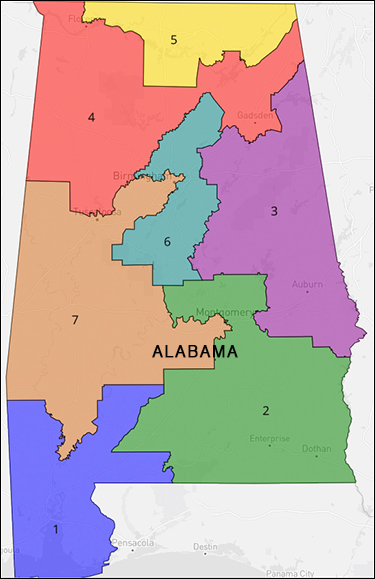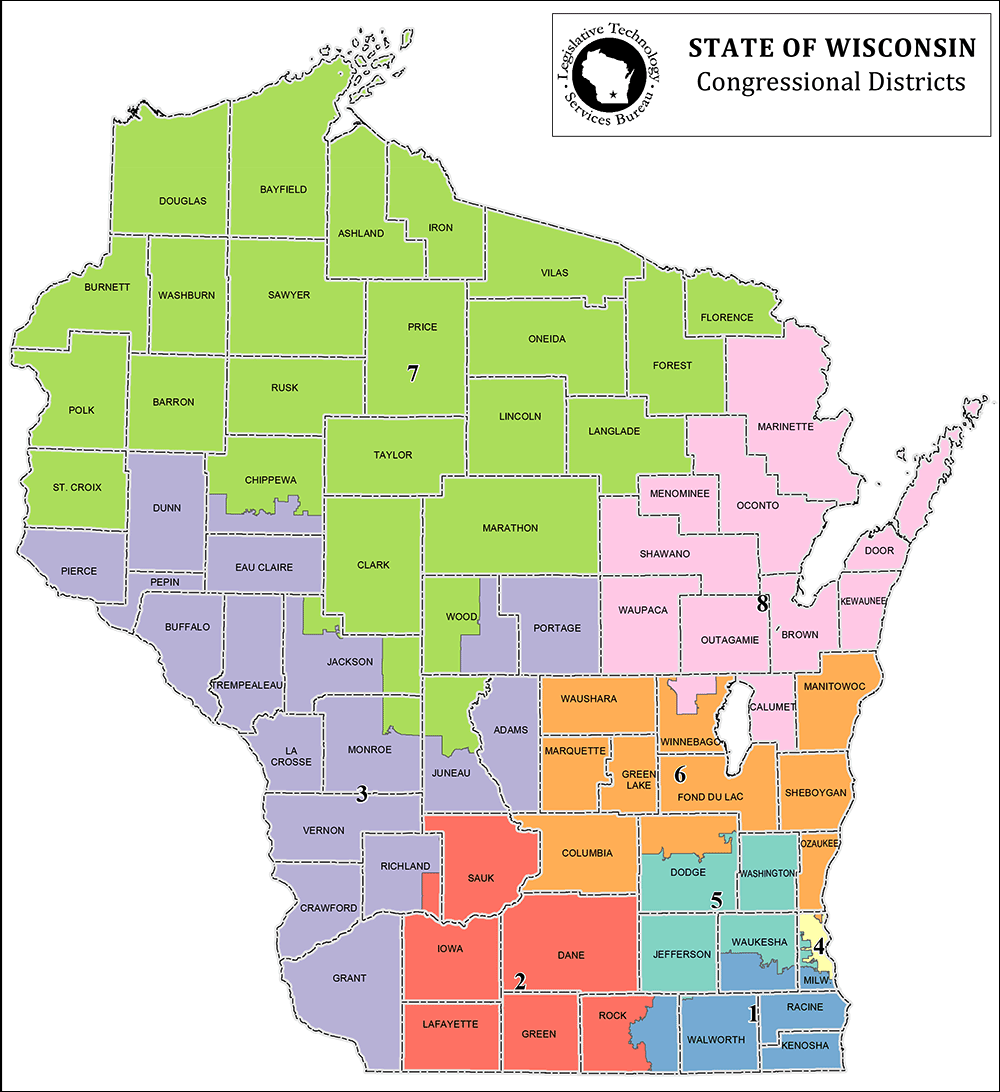By Jim Ellis — Friday, Aug. 4, 2023
President
California: GOP Changes Delegate Allocation Rules — The California Republican Party’s executive committee, a total of 100 members, voted to change the way the state allocates its Republican delegates. Despite California being a poor performer for Republicans, the presidential delegation to the GOP national convention is still the largest in the country. In 2024, the state will feature 169 voting delegates.
Instead of allocating the delegates through the state’s 52 congressional districts – three delegates per district plus at-large votes – the California GOP will now authorize a system that awards a winning candidate who obtains majority support in the March 5, 2024 primary all of the state’s delegate votes. Many states use this system, but California doing so will provide an extra vote boost to the Golden State primary winner.
At this point, several polls show former President Donald Trump at or exceeding the 50 percent threshold. The change makes it all the more likely that the nomination will be clinched as voting ends on Super Tuesday.
House
CA-31: Former Rep. Cisneros May Return — One-term ex-Congressman Gil Cisneros (D), a former US Navy officer who struck it rich in winning over $200 million from a major lottery, has resigned his position as Under Secretary of Defense. Speculation suggests this is his first definitive move to declare for retiring Rep. Grace Napolitano’s (D-Norwalk) Los Angeles County congressional seat.Cisneros defeated now-Congresswoman Young Kim (R-La Habra) in 2018 from a 39th District that covered parts of Los Angeles and Orange counties. In 2020, Kim returned for a re-match and reversed the outcome. She now represents the post-redistricting 40th CD that covers parts of Orange, Riverside, and San Bernardino counties.
Already in the open 31st District race are state senators Bob Archuleta (D-Pico Rivera) and Susan Rubio (D-Baldwin Park) along with Community College Trustee and former Monrovia Mayor Mary Ann Lutz (D). It is likely that two Democrats will advance into the general election from the all-party primary. While Cisneros represented virtually none of the current 31st CD during his previous stint in the House, even Rep. Napolitano fails to reside within the district, so the lack of residency is likely not much of a detriment.
NH-2: Re-Match Possible — Former Hillsborough County Treasurer Robert Burns (R), who lost the 2022 congressional race 56-44 percent to veteran Rep. Annie Kuster (D-Hopkinton/ Concord), confirms that he is considering returning for a re-match. His decision is nowhere close to being made, however. He also says he would like to run for governor and would even consider a bid for Executive Councilor if one of those seats were to open. It is likely the Republican leadership would prefer a more committed candidate.
Since the New Hampshire June candidate filing deadline is later than most state’s primaries, this race will develop over a long period. At this point, Rep. Kuster will be favored to win a seventh term in 2024.
PA-7: New Candidate Announces — The Public Affairs director of the Philadelphia Convention Center, Maria Montero (R), announced her congressional candidacy Wednesday. This will be the second time she has run for the US House. Montero, also former staff member for Republican former Gov. Tom Corbett, entered the special nomination for the 12th District seat, closer to central PA, when then-Rep. Tom Marino (R) resigned. She lost to then-state Rep. Fred Keller who would go onto win the special election.
Already in the race are state Rep. Ryan MacKenzie (R-Macungie) and 2022 candidate Kevin Dellicker who secured 49 percent of the Republican primary vote. The winner will face vulnerable Rep. Susan Wild (D-Allentown) in a politically marginal 7th CD that covers the Allentown-Bethlehem-Easton area. In the past two competitive elections against Republican Lisa Scheller, Rep. Wild has been re-elected with 52 and 51 percent of the vote.
UT-2: Maloy Approved for Ballot — Celeste Maloy, who the Republican 2nd District convention chose as its candidate for the special election to replace resigning Rep. Christopher Stewart (R-Farmington), has faced a serious challenge to her standing as a candidate.
A state judge in ruling Wednesday over a lawsuit filed against Maloy claiming that she did not meet the state’s residency requirement to run for Congress, declared that she will be slated on the Sept. 5 special primary ballot. The judge stated that “the public interest favors respecting the party convention’s choice.” He further said that the election process is well underway, and ballots have been printed. Therefore, altering the candidate configuration would be disruptive.
Earning Republican ballot positions through the signature petition process are former state Rep. Becky Edwards and ex-Republican National Committeeman Bruce Hough. Democrats have united around state Sen. Kathleen Riebe (D-Cottonwood Heights). The special general election is scheduled for Nov. 21. Rep. Stewart will resign on Sept. 15.
States
Wisconsin: Redistricting Lawsuit Filed — A coalition of law firms and progressive left activists filed a challenge to Wisconsin’s state Senate and Assembly redistricting maps, labeling them partisan gerrymanders. Now that the new liberal majority state Supreme Court has taken office, the plaintiffs winning this lawsuit is probably just a matter of time.
The court will likely order a redraw of the two plans, which will almost assuredly be a precursor to the congressional map being re-configured as well. At this time, however, the federal plan is not included in this particular lawsuit.



